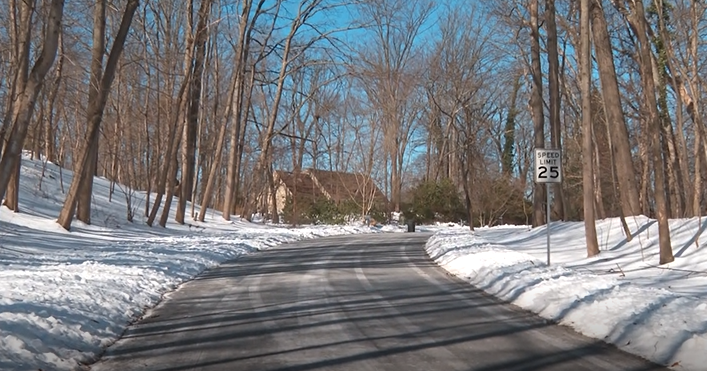7 Bald Eagles, Great-Horned Owl Fatally Poisoned; Up To $10K Reward For Information
CHESTERTOWN, Md. (WJZ) -- Federal and state officials are looking for information after seven bald eagles and a great-horned owl died due to poisonings in the Kent and Talbot counties.
The first reported poisoning happened on March 1 near Route 445 and Swan Creek Road in Chestertown. Six bald eagles and a great-horned owl died and several other eagles were significantly injured.
U.S. Fish and Wildlife Services and Maryland Natural Resources Police have been investigating the intentional poisonings of foxes, raccoons and other "nuisance" animals in the area.
"They may be targeting foxes, raccoons, stuff like that," Aaron Parker, Captin of U.S. Fish and Wildlife, said. "But the poison is so potent that when those animals eat it and die, then you have scavengers like eagles that come and eat off the fox, then the poison is transferred into them and kills them."
Federal agents and NRP police have returned to the area on several occasions after people reported eagle carcasses in the area.
Then on April 3, police were called to a farm in Talbot County near Lewistown Road and Colby Road in Cordova. There they discovered three bald eagles were poisoned after eating from a fox carcass. One of the eagles died. Two others were treated for the poisoning and are in stable condition.
Authorities believe someone is placing "baits laced with carbofuran, one of the most toxic carbamate pesticides, in fields, along woods lines and even directly into fox dens."
"Carbofuran, sold under the trade name Furadan, is known to be particularly toxic to birds. In its granular form, a single grain will kill a bird. Birds often eat numerous grains of the pesticide, mistaking them for seeds, and then die shortly thereafter," NPR said in a press release.
USFWS and NRP are asking that anyone with information come forward.
Eagles may not be the primary target of the poisonings, but they are dying because Furudan is so toxic.
"Somebody knows who's doing it, and instead of protecting them they need to come forward because these birds are protected," Parker said.
In the Kent County incident, they believe the person placed the baits out in the open recklessly.
A total of 13 eagles were poisoned in a similar way in February 2016 in Federalsburg, Maryland.
RELATED STORIES:
- Cause Finally Revealed In Deaths Of 13 Bald Eagles Back In 2016
- $30K Reward Offered In Death Of 13 Bald Eagles
"There are legal methods and means of dealing with nuisance predators. This appears to be a problem systemic to Maryland and specifically to the northern Delmarva Peninsula. The USFWS and NRP have interviewed numerous persons including landowners, hunters and other persons associated with these areas," NPR stated.
But no one was able to provide any information.
"It is hard to believe that not one person has information of persons placing a toxic poison that has killed no fewer than twenty eagles in these areas. The only way this stops is if the local communities come forward with information," resident Agent in Charge Jay Pilgrim
Bald eagles are no longer listed under the Endangered Species Act, but they are still federally protected by the Bald and Golden Eagle Protection Act. The USFWS is offering a reward of up to $10,000 to eligible individuals for information that furthers this investigation.
Citizens who know about illegal fishing and hunting activities as well as the illegal killing of wildlife can make an anonymous report, 24/7, to Maryland Wildlife Crime Stoppers by calling or texting, 443-433-4112, email mwc.dnr@maryland.gov, or report violations using the department's free mobile app. Dispatchers will alert the nearest patrol officer. If the tip leads to the arrest and conviction, the Maryland Wildlife Crime Stoppers board of directors may issue a reward.







